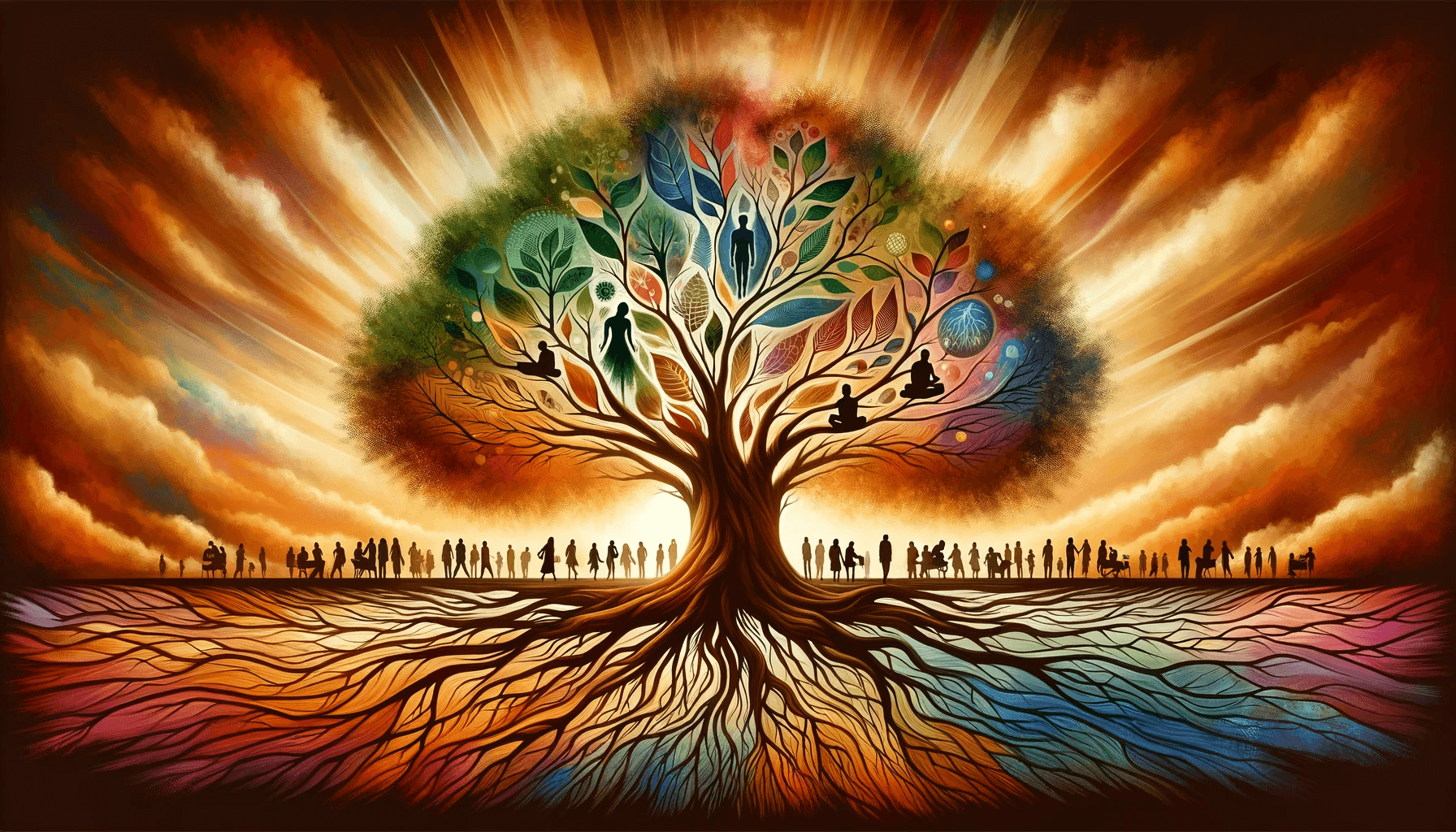Sponsored By Awaken Your Great Self
Table of Contents
Introduction to Ethical Rudeness
Ethical rudeness presents a unique challenge in a world where civility and politeness are highly valued. Ethical rudeness refers to the intentional disregard for social norms and ethical principles in pursuing the greater good. It raises profound philosophical questions about the boundaries of morality and the role of individual agency in shaping ethical behaviour. In this article, we will delve into the intricacies of ethical rudeness, drawing insights from the teachings of Mencius, an ancient Chinese philosopher. Through this exploration, we hope to shed light on the complexities of this ethical dilemma and its implications in modern society.
Defining Ethical Rudeness
Ethical rudeness can be understood as a deliberate act of transgressing social norms and ethical principles to challenge the status quo or promote a higher moral purpose. It involves behaviours that may appear rude or offensive on the surface but are driven by a deeply rooted sense of justice or righteousness. This concept challenges the conventional understanding of ethics, which often emphasizes the importance of politeness and conformity to societal expectations. By intentionally violating these norms, ethical rudeness seeks to push the boundaries of moral discourse and provoke critical reflection.
Exploring the Philosophical Dilemma of Ethical Rudeness
The philosophical dilemma of ethical rudeness lies in the tension between pursuing moral ideals and maintaining social order. On the one hand, ethical rudeness is a necessary means to disrupt unjust systems and challenge oppressive structures. It allows individuals to voice dissent and expose the hypocrisy that often underlies social norms. However, on the other hand, ethical rudeness can also be perceived as a threat to social cohesion and moral stability. It risks alienating others and undermining the very principles it seeks to uphold.
The Teachings of Mencius on Ethical Rudeness
Mencius, an influential Chinese philosopher of the 4th century BCE, offers valuable insights into ethical rudeness. He believed that individuals have an innate sense of moral goodness, referred to as “ren” or humaneness. According to Mencius, ethical rudeness can be justified if it is motivated by a genuine concern for the well-being of others and the pursuit of moral righteousness. However, he also cautioned against excessive rudeness, emphasizing the importance of balance and moderation.
How Ethical Rudeness Challenges Traditional Ethical Frameworks
Ethical rudeness challenges traditional ethical frameworks by questioning the importance of social norms and the role of politeness in moral conduct. It highlights the limitations of a purely rule-based approach to ethics and calls for a more nuanced understanding of moral agency. Ethical rudeness challenges us to critically examine the values and norms that underpin our righteous judgments and consider the potential benefits of disrupting established systems. It encourages us to question the status quo and explore new possibilities for moral action.
Ethical Rudeness in Modern Society
In modern society, ethical rudeness manifests in various forms, often driven by social and political movements seeking to challenge existing power structures. Activists advocating for social justice may employ controversial tactics that defy traditional notions of politeness to draw attention to systemic inequalities. However, ethical rudeness is not limited to these more significant social movements. It can also be found in everyday interactions, where individuals may be rude or aggressive in addressing perceived injustices or upholding their moral principles.
The Implications of Ethical Rudeness on Personal Relationships
Ethical rudeness can have profound implications on personal relationships. Conflicts may arise when individuals prioritize their moral convictions over social niceties, leading to strained relationships. Friends, family, and colleagues may feel disrespected or offended by acts of ethical rudeness, leading to a breakdown in trust and communication. However, it is essential to recognize that ethical incivility is not inherently detrimental to relationships. When approached with empathy and understanding, it can foster open dialogue and promote personal growth.
The Role of Empathy in Navigating Ethical Rudeness
Empathy plays a crucial role in navigating ethical rudeness. While dismissing acts of disrespect as mere provocations may be tempting, it is essential to recognize the underlying motivations and values that drive these behaviours. By cultivating empathy, we can better understand the perspectives of others and engage in constructive dialogue, even when faced with ethical rudeness. Empathy allows us to bridge the gap between opposing viewpoints and find common ground, fostering a more inclusive and compassionate society.
Strategies for Addressing Ethical Rudeness
Addressing ethical rudeness requires a delicate balance between upholding ethical principles and maintaining respectful dialogue. One approach is to engage in active listening and seek to understand the underlying intentions and values behind acts of rudeness. By acknowledging and validating the concerns of others, we can create a space for meaningful conversations and bridge the gap between conflicting perspectives. Additionally, promoting empathy and fostering a culture of open-mindedness can help navigate the complexities of ethical rudeness and foster a more inclusive society.
Conclusion: Finding a Balance Between Ethics and Rudeness
Ethical rudeness presents a philosophical dilemma that challenges our understanding of morality and social norms. Drawing insights from the teachings of Mencius, we have explored the complexities of ethical rudeness and its implications in modern society. While ethical rudeness may appear aggressive and offensive, it catalyzes critical reflection and the pursuit of moral righteousness. By embracing empathy and engaging in respectful dialogue, we can navigate the complexities of ethical rudeness and strive for a more just and compassionate world.
Call to Action: Join the conversation on ethical rudeness and share your thoughts on balancing ethics and disrespect in our daily lives. Let us explore new possibilities for moral action and foster a more inclusive society.




